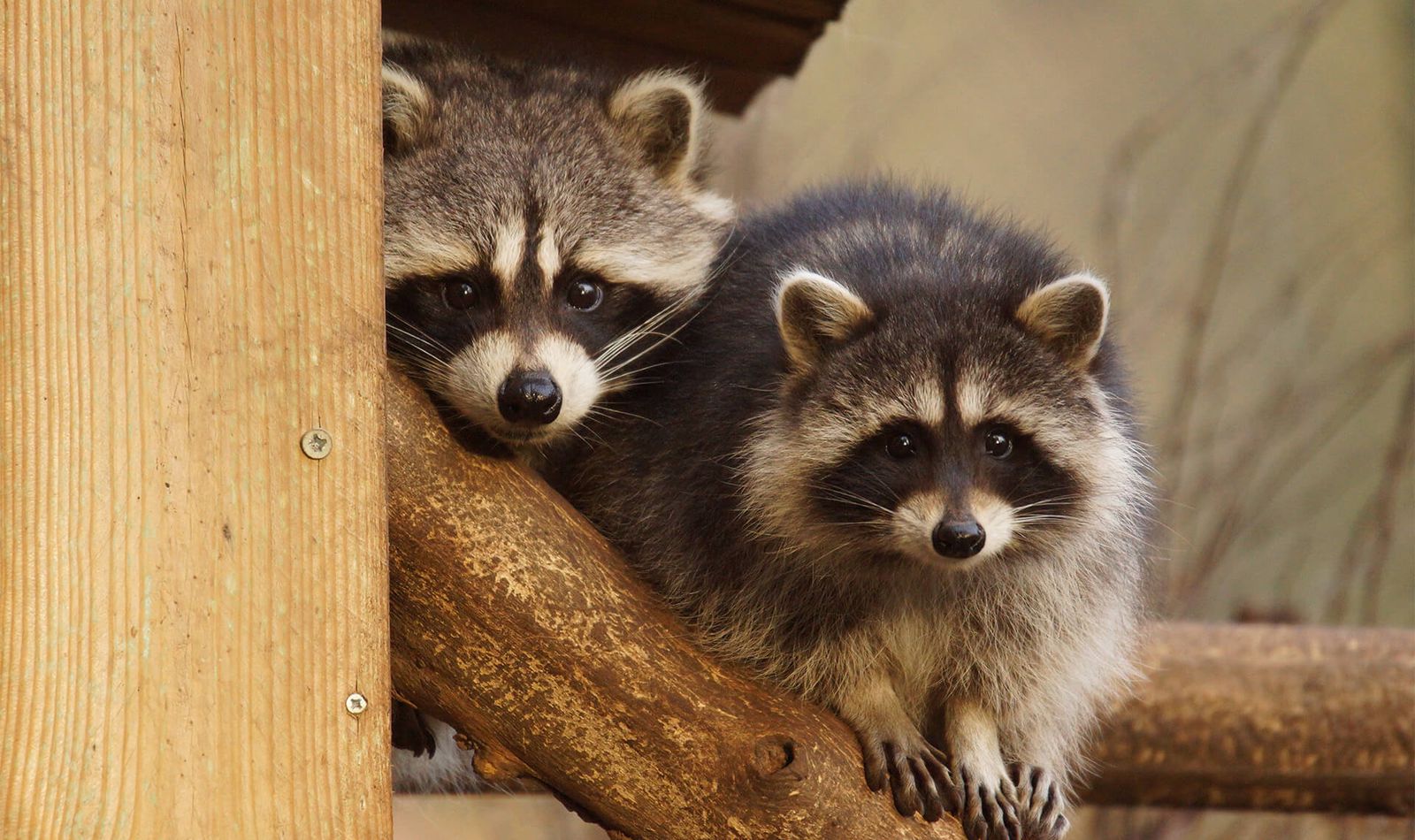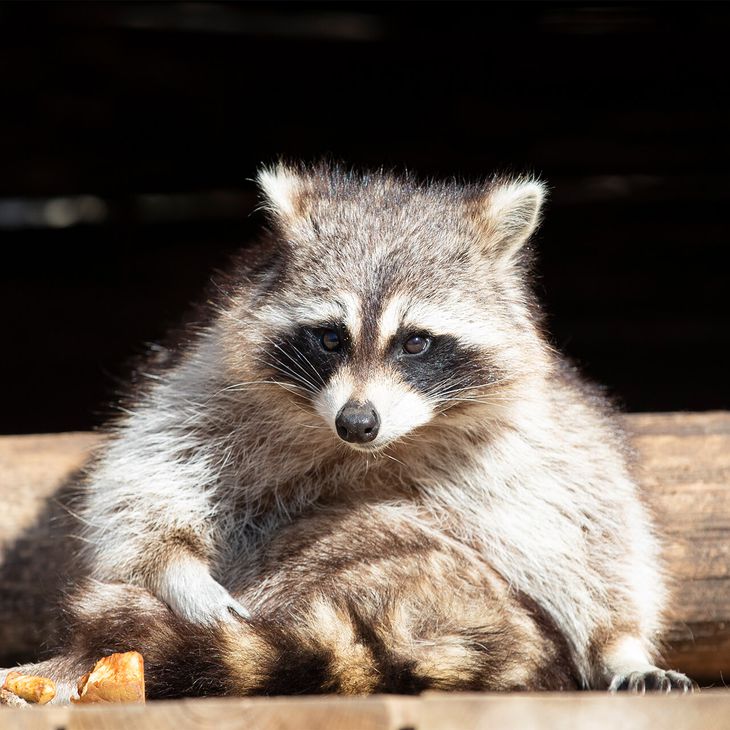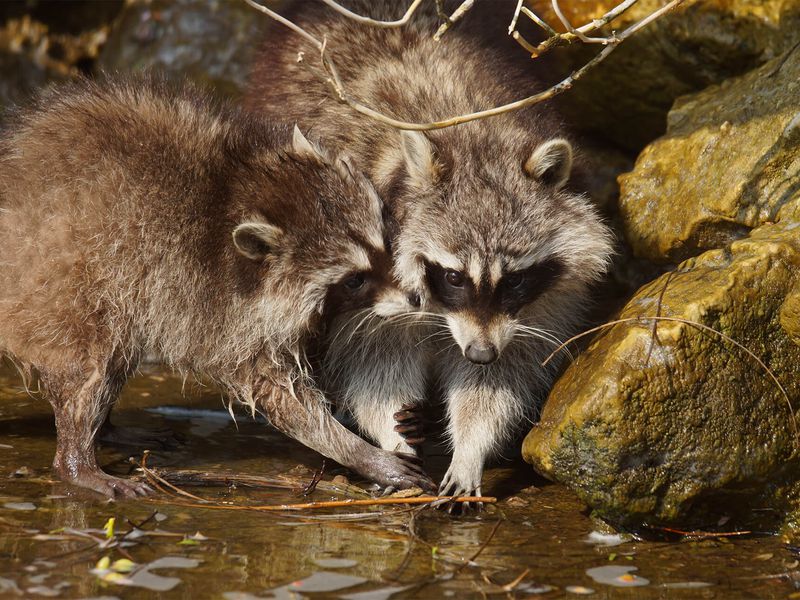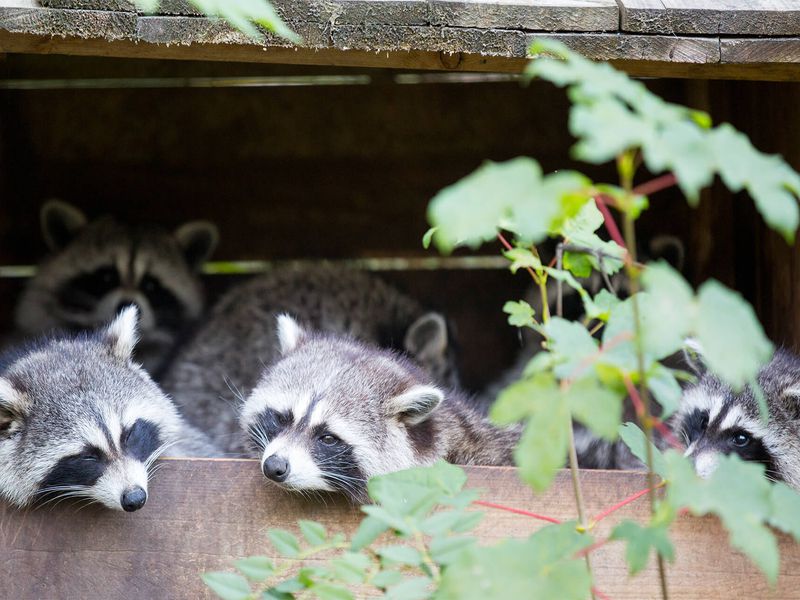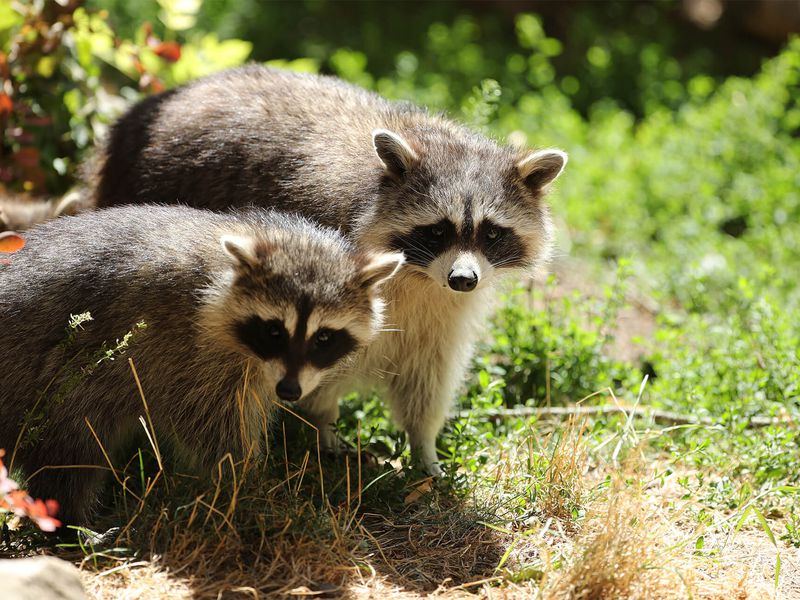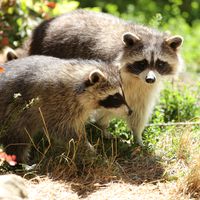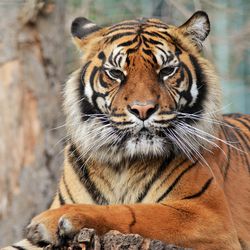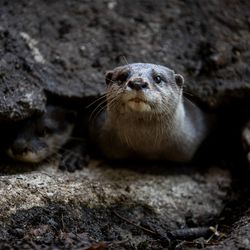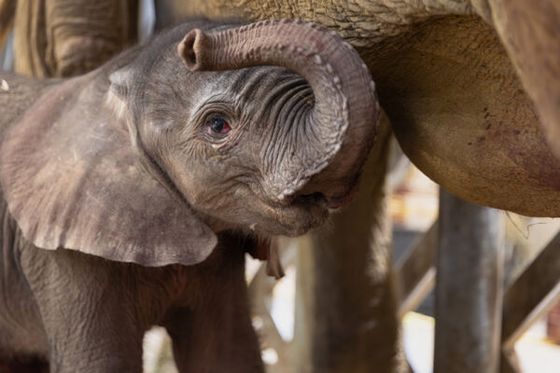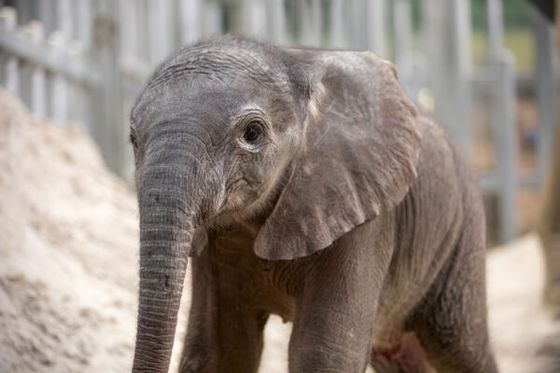« The raccoon does not wash its food! »
An adorable opportunist
Cute, but invasive
The raccoon is an animal that adapts very quickly to various environments. Though it prefers moist woodland, it can also live in agricultural or urban areas. The raccoon is therefore found throughout a very large geographic range, especially on the American continent, where its habitat extends from southern Canada down to northern South America. Having been imported into Europe in around 1930, mainly for the fur trade, the raccoon has since established itself throughout the continent. Even in France, where the species is considered to be an invasive species!
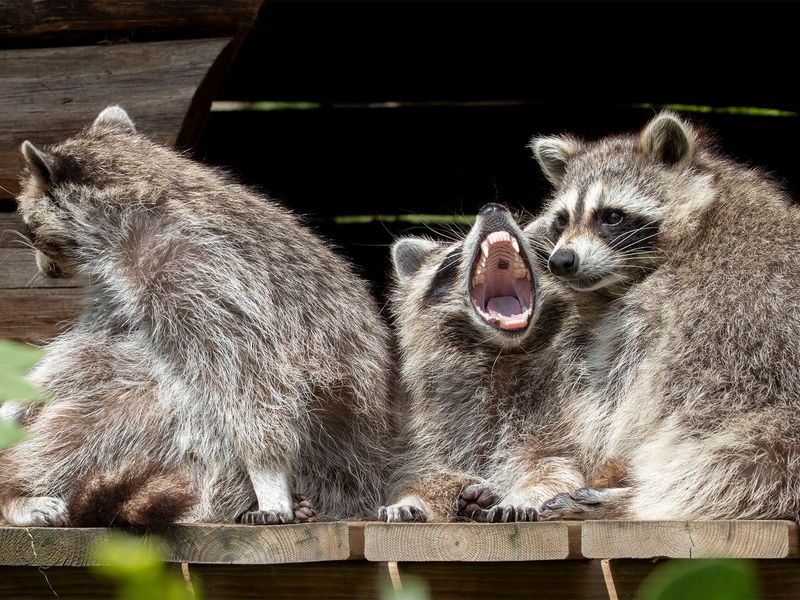
The Beauval Nature association
For the past 10 years, the Beauval Nature association has joined forces with field workers to support them in their primary mission of species conservation. Beauval works closely with numerous conservation and research programmes around the world to study and protect endangered species. This everyday action takes place in order to protect our biodiversity.
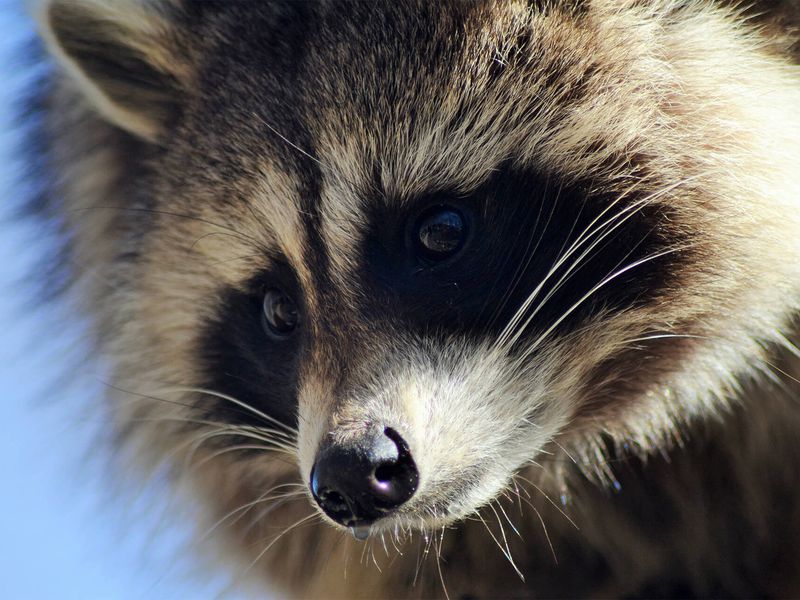
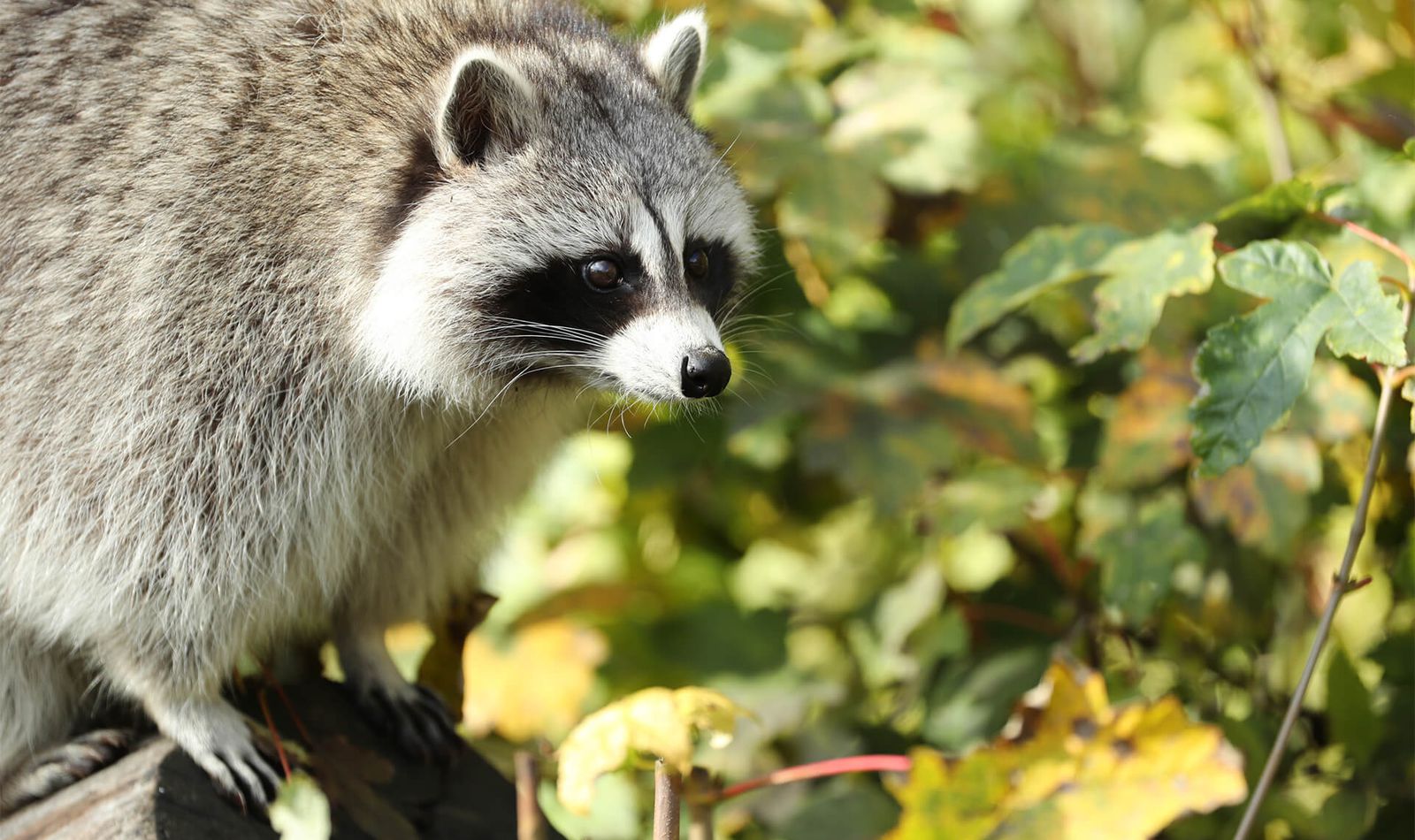

Sponsor our raccoons
Establish a strong bond with your favourite animal whilst supporting conservation programmes through the Beauval Nature association!
Least concern
Learn more about the species
-
OmnivoreDiet
-
2 monthsGestation period
-
3 to 7 youngLitter size
-
All habitat typesHabitat
For a raccoon, everything tastes good
The raccoon is a deep sleeper
A washer that doesn’t wash

Take full advantage of the experience thanks to our mobile application!
Find out more
